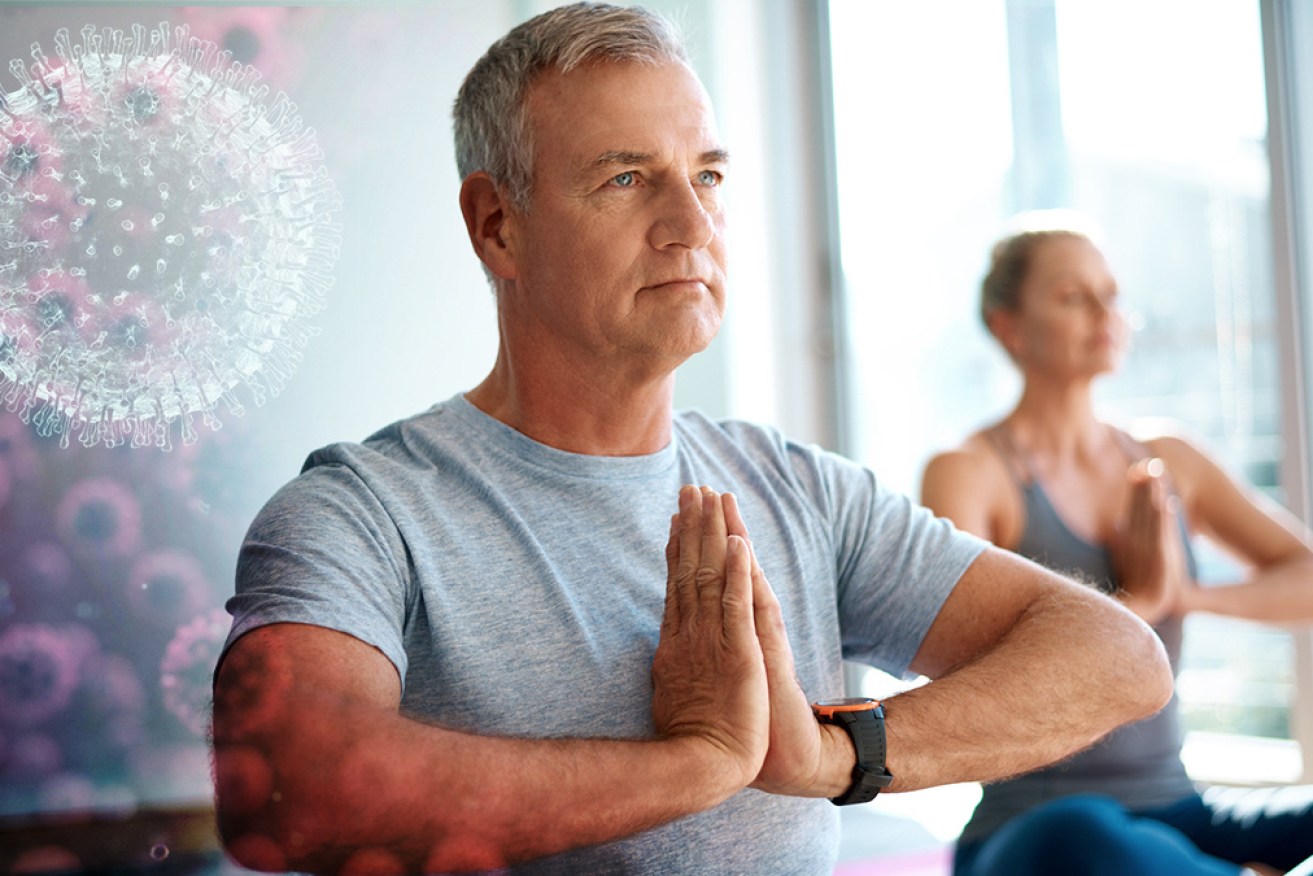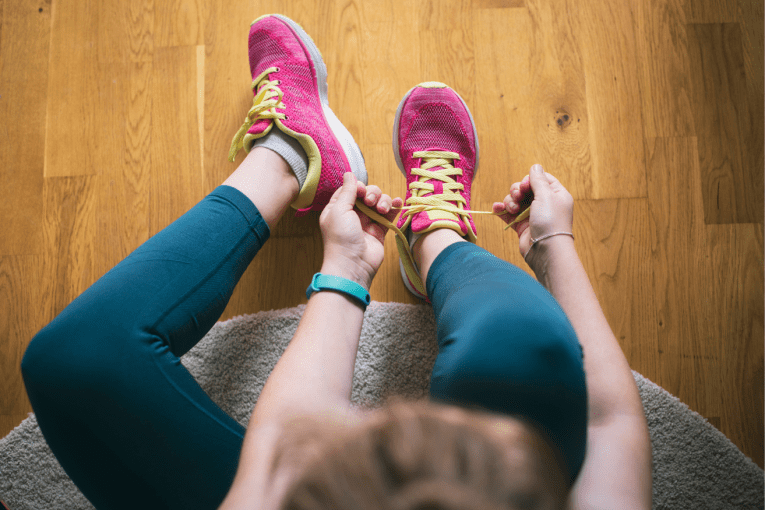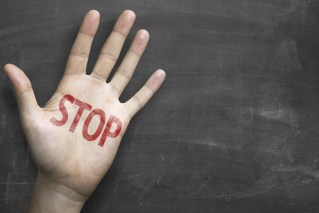Coronavirus safety: How to take charge of your health and life


Some countries want to hand out 'immunity passports' to COVID-19 survivors, but there is no evidence they will be protected from re-infection. Photo: Getty/TND
The money markets might be panicking but you don’t have to – in fact, it’s important you stay calm, and take charge of your own life in the age of coronavirus.
There is plenty you can do to protect yourself, and your friends and family. The first thing to know is that your behaviour matters in terms of how the coronavirus pandemic plays out.
In fact, analysis from Oxford University predicts that the actions of individuals are just as important – if not more so – than what the government is doing.
Take your situation seriously, adopt the healthy lifestyle you’ve read about for years – it can only improve your immunity – and be considerate of others.
Here is what you need to do
If you self-isolate because you have cold-like symptoms, been in touch with someone who has a confirmed case of COVID-19 or because you have returned from overseas travel:
- Sleep in a separate room with a window open
- Make peace with yourself that this is where you are staying for 14 days. Use the time to rest. You’re always whingeing you have no time to yourself, well here it is. The internet has plenty of advice and resources about coping with boredom and loneliness. Be proactive. Don’t sulk.
- If you have two bathrooms in the house, use one separate from everybody else

- Avoid contact with other people as much as possible, including the people you live with
- From the start, communicate to your fellow residents how meals and laundry need to be managed
- If possible, have your meals dropped at your door
- If you live alone and need shopping done, ask a friend – do not go to the shops.

- If you need to go into the same room with other people, wash your hands and wear a face mask if you have one. If you don’t have a face mask, stay at least one metre away from other people
- Put your laundry in a plastic bag and have someone collect it from your bedroom door. They should wear rubber gloves. They should
wash the laundry at the highest temperature for the material, with a laundry detergent. They should clean all surfaces and the area around the washing machine. They should wash the rubber gloves while still wearing them. Then wash their hands thoroughly with soap and water after removing the gloves  Wipe the doorknobs clean whenever you go about the house, even if you live alone
Wipe the doorknobs clean whenever you go about the house, even if you live alone- Wash your hands properly and often
- Do not have visitors to your home
- Do not use public transport
- Keep in touch with other people by phone or video call
- Keep in touch with your doctor if your symptoms change
- The Australian government’s practical advice is a bit thin. For further details on how to manage yourself and your household see here
To stay healthy and boost your immunity:
- Adopt a healthy diet, plenty of fruit and vegetables. High fibre foods promote good gut health which in strengthens immunity
- Drink at least two litres of water a day: a flushed body is a healthy body
- Go to bed earlier, learn how to get good sleep: people who sleep too little are more prone to illness
- Exercise, and not too heavily. Get the heartbeat going, breathe deeply: it clears your passages and lungs of bacteria, wards off chronic illness and boosts white blood cells. In one study, in people aged 65 who did regular exercise, the number of T-cells (an immune cell) was as high as those of people in their 30s
- Work to keep your stress levels low. You’ll have noticed that in times of stress you’re more prone to becoming ill. Exercise is good for stress. Meditation is worth a go
- Drink alcohol in moderation. Going hard is hard on your immune system. Alcohol disrupts the gut barrier, allowing more bacteria to pass into the blood. Excessive drinking reduces the number and functional viability of key players in your immune system: T and C cells, and crud-eating macrophages
- Stop smoking. Coronavirus is a respiratory disease. The tar you’re accumulating in your lungs is like flypaper. It welcome infection. And of course you can feel that smoking has knocked your fitness to hell. It’s doing the same thing to your immune system. No better time to quit
Going out in public, how to keep yourself and others safe
- Avoid crowds, especially indoors
- Avoid close contact with anyone who is ill
- Suspend the usual hugging and lounging all over your friends
 Go for a walk or a run when the streets are quieter
Go for a walk or a run when the streets are quieter- Adopt social distancing practices. This will take some getting used to, but it’s generally advised that you’re better off keeping a metre away from other people. The US Centres fir Disease Control are advising that people make it closer to two metres
- Cough or sneeze into a tissue or into your sleeve, elbow or armpit. Do not sneeze into your bare hands and then wipe your hands on your clothes. Do not cough and splutter without covering yourself. Pay attention to what your body is doing. Sharpen up
- If you must take public transport, avoid crowded times, keep your distance from other passengers and wash your hands for at least 20 seconds at the earliest opportunity
- Keep your hands away from your eyes, nose and mouth. Touching the mucous membranes on your face with your dirty hands allows germs that cause respiratory infections to enter the body. This won’t be easy. It’s said that we touch our faces every minute or so. The New Daily will soon publish a guide how to break this habit
- Do not share bottles and cups
- Frequently wash your hands, for 20 seconds
- Face masks are for sick people. And if you’re sick you should be home
- Home is where we all need to spend as much of our time as possible now. This will slow down the spread of the virus which most people will experience as a mild cold. It’s older people and people with chronic diseases who are at risk of becoming very ill and dying. In Italy, the public has been told that their strict lockdown is for the sake of saving their grandmothers and grandfathers
- Think of other people. We’re all in it. We can all make a difference as to how it plays out










